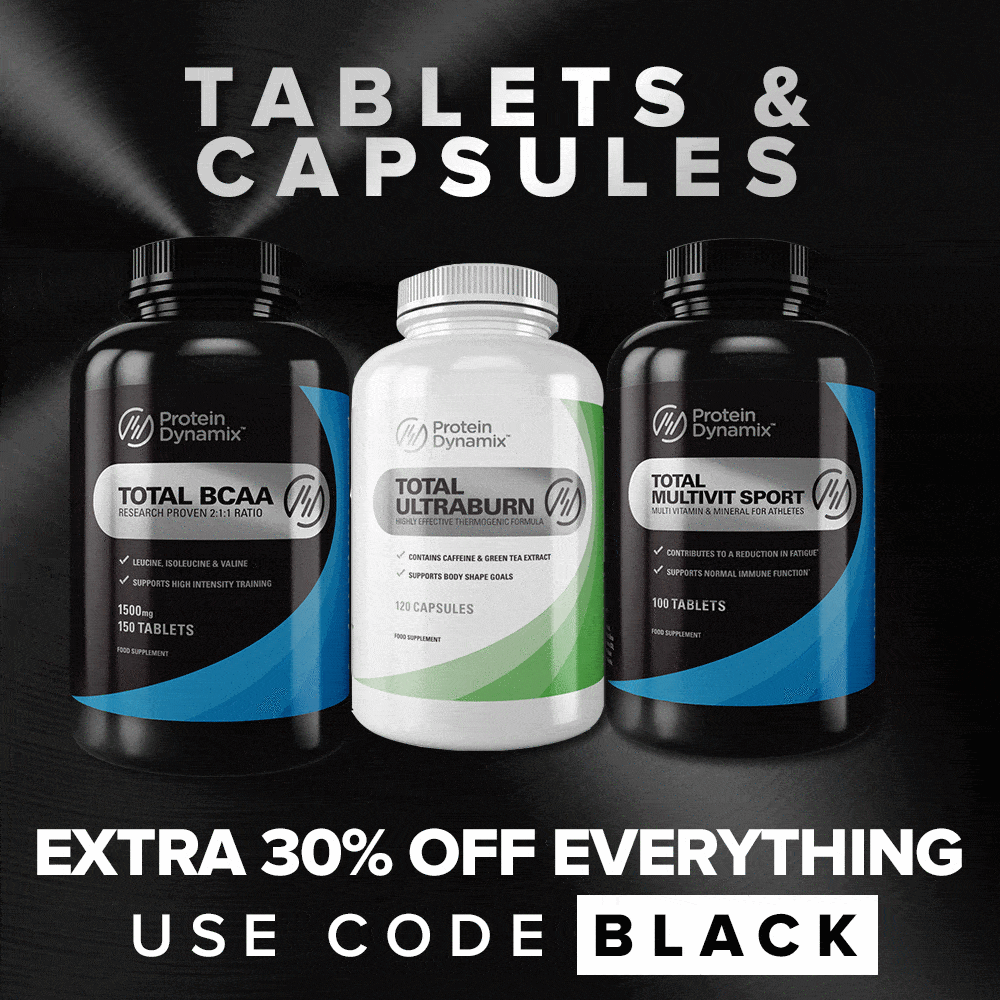Rest and Sleep : How Nutrition Affects Them
Nutrition has a big impact on how well we cope with stress, how rested we feel and how well we sleep. Stress is something nearly everyone has to deal with as part of modern life with obligations of work, family and other commitments. The increased levels of stress hormone cortisol can create a craving for foods that are high in sugar, fat and salt.
The impact of this poor nutrition is that it causes blood sugar imbalances which cause poor concentration and mood swings. Caffeine from too much coffee can actually increase levels of cortisol in the blood and also disturbs sleep. Here are some healthy nutritional choices for even the busiest of people that will ease stress, aid concentration and enable better sleep.
Nutrients to ease stress
Cortisol and adrenaline are the two main stress hormones in the body. A healthy, balanced diet that lowers blood pressure and boosts the immune system can offset the effects of these stress hormones to some extent.
Starting the day with a breakfast cereal, whole-grain bread or other complex carbohydrate will boost levels of serotonin, a calming brain chemical, and stabilizes blood-sugar levels to leave you feeling balanced.

Simple carbohydrates like sweets and fizzy drinks also release serotonin, but at a level that doesn’t last as long, so other complex carbohydrates are better. Eating berries or an orange can also help because vitamin C reduces the levels of stress hormones, while also strengthening the immune system. At lunch or dinner a couple of times a week, include fatty fish like salmon and tuna to prevent surges in stress hormones thanks to Omega-3 fatty acids. In a purely mechanical way, eating crunchy raw vegetables can help release a clenched jaw, thereby warding off tension
In addition to improving diet, one of the best stress-busting strategies is to start exercising. Aerobic exercise boosts oxygen circulation and releases endorphins that feel good. Aim for 30 minutes of aerobic exercise three to four times a week. Ask friends and family to join you for motivation.
Best Nature's Stress Remedies
- Gold
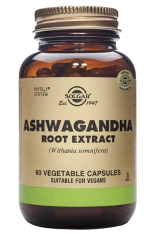
- Silver
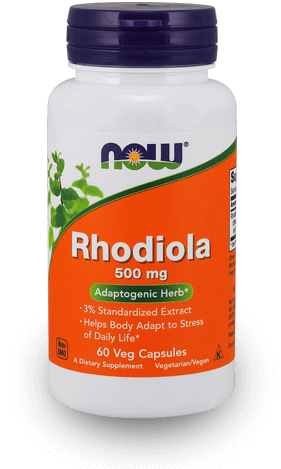
- Bronze
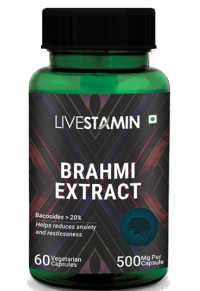
Nutrition to improve concentration
To improve concentration, the brain needs a good, healthy diet every day. Breakfast is the most important part of a morning ritual and should not be missed. Oatmeal and one tablespoon of flaxseeds will provide the healthy fat alpha-linolenic acid (ALA), an amino acid that boosts cerebral cortex function. A fruit yoghurt or smoothie also works well.
Sardines are full of omega-3 fatty acids that are important in regulating neurotransmitters that boost mental focus, making a good sandwich filling. Or a large salad with spinach and lentils and chicken or tuna is another option for lunch without being so full of carbohydrates that you want to fall asleep afterwards.
Eight hours after waking it is normal to feel tired. Choose fresh fruit, walnuts or a fruit and nut mix. Soon you’ll lose the habit of reaching for sugary snacks.
If you’re still busy in the evening, avoid eating pasta, pizza, potatoes, fried food and similar heavy dinner options so you can stay focused. Grill or bake some fish, add a tomato and kale salad and add sweet potatoes that are rich in powerful antioxidant beta carotene, which has been linked to a boost in the brain’s cognitive function.
Whole grains are complex carbohydrates which release energy into the body slowly, making it a good choice at any time of day. They help maintain alertness, but can also improve overall mood. For dessert a couple of square of at least 75 percent chocolate is rich in flavonoids, compounds linked to boosting cognitive performance.
Best Nutrition to Improve Your Focus and Concentration
- Gold
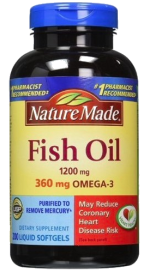
- Silver
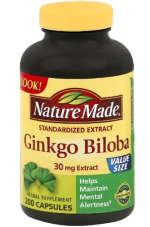
- Bronze
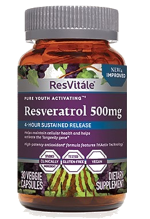
Best Rest and Sleep Nutrition Supplements
It is now scientifically proven that lack of sleep is related to an increased risk of obesity, diabetes, high blood pressure, heart disease, stroke and depression. Sometimes it is difficult to break the pattern of poor sleep.
Carbohydrates at bedtime can speed the release of the brain chemical serotonin which aids better sleep, though choose something light to minimise the risk of heartburn. A glass of warm low-fat or skimmed milk can also help.
Nutrition supplements can also help with sleep, including melatonin which is used to treat insomnia related to attention deficit-hyperactivity disorder (ADHD). Melatonin is best used as a liquid or in tablets that dissolve in the mouth, so that it can be absorbed directly into the body.
L-theanine, found in green tea, gets to the brain fast and affects levels of serotonin and other neurotransmitters. It is available in single formula tablets and in combination with other sleep-inducing nutrients.
Magnesium calms the nervous system and improves sleep by reducing the amount of cortisol the body releases. Magnesium also works with calcium, to help muscles contract and then relax. Magnesium is available in powders and tablets on its own or in combination with soothing herbs.
